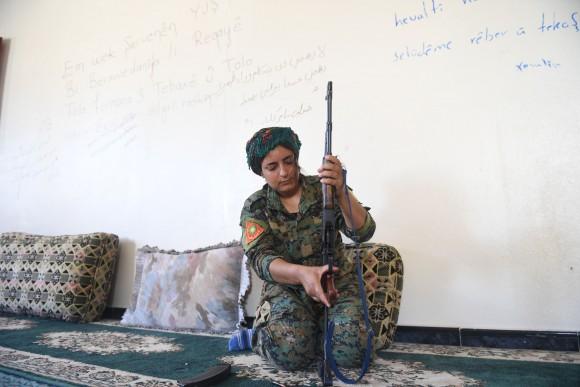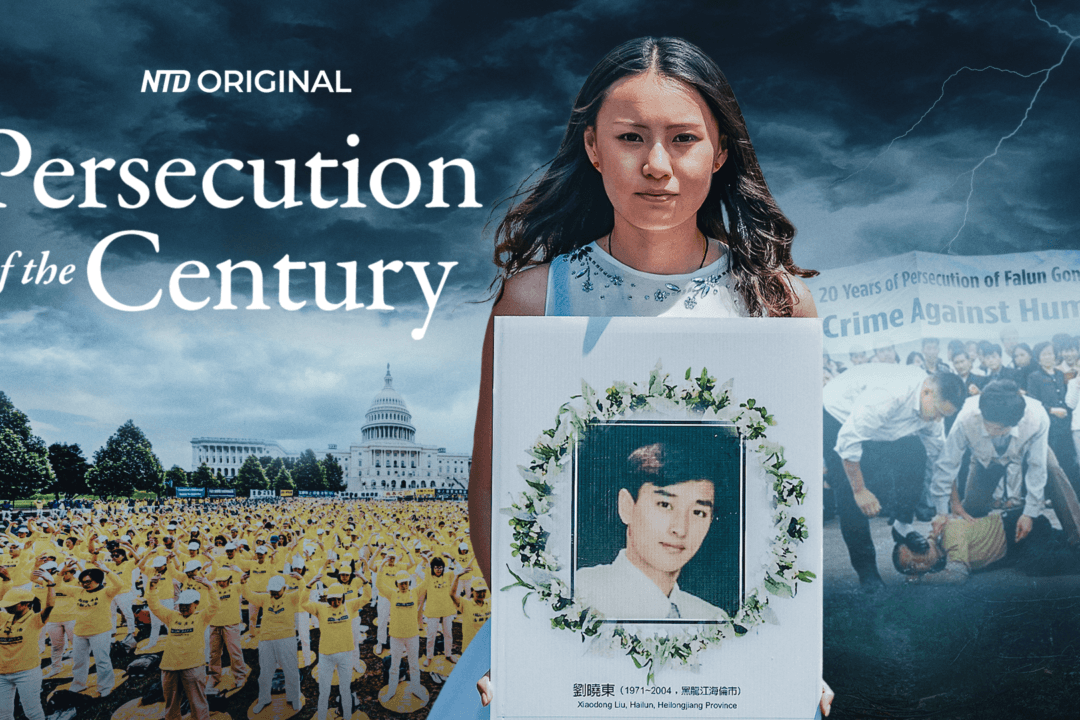A woman of a minority group from northern Iraq, the last remaining community of its kind in the world, is going back to find the men of the ISIS terrorist group who captured and tortured her.
Heiza Shankal was freed from slavery under ISIS in Raqqa, to find there were forces still trying to protect her hometown in Iraq.
Shankal spoke to media of her three-year captivity under ISIS before she was eventually rescued.
Like many women of the Yazidi minority group, Shankal was captured by ISIS when they invaded Sinjar, in northern Iraq. Thousands of Yazidis were massacred in brutal ways when ISIS took over Mount Sinjar in 2014—around 50,000 others fled into the mountains. The international community and the United States helped to airdrop supplies to the starving population, as they had no access to food and were surrounded by terrorists.
The ones that couldn’t flee and weren’t killed were kidnapped by the terrorists and held in a market where non-muslim women were sold as sex slaves. Shankal said she had more than one owner before she was liberated. She has now joined the military force that freed her to confront ISIS.






